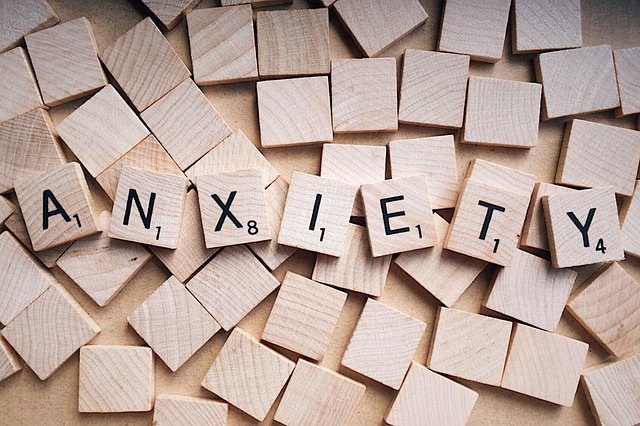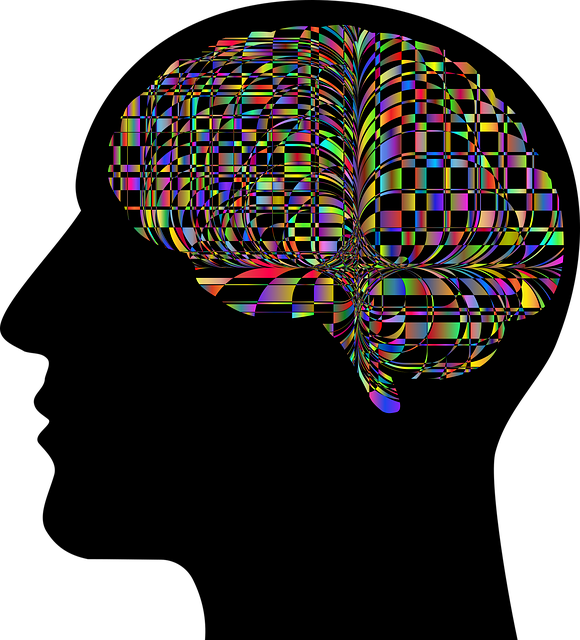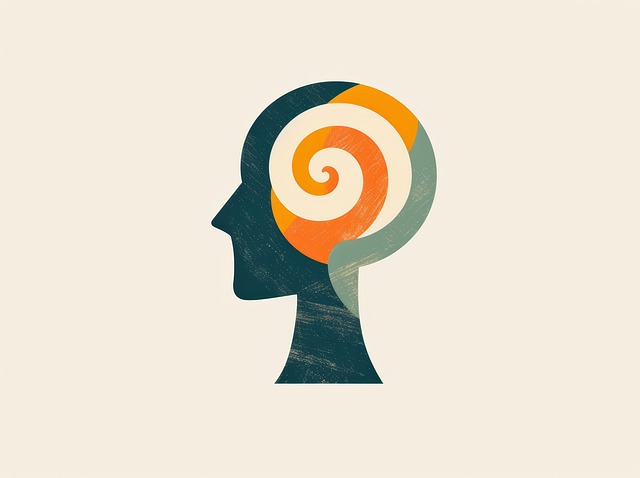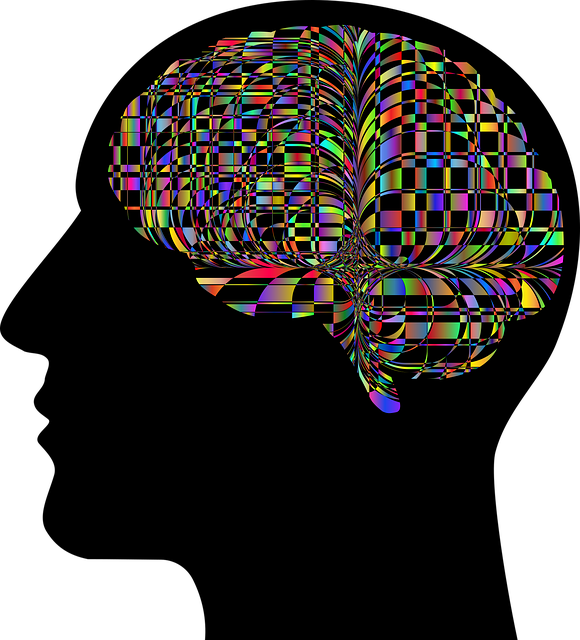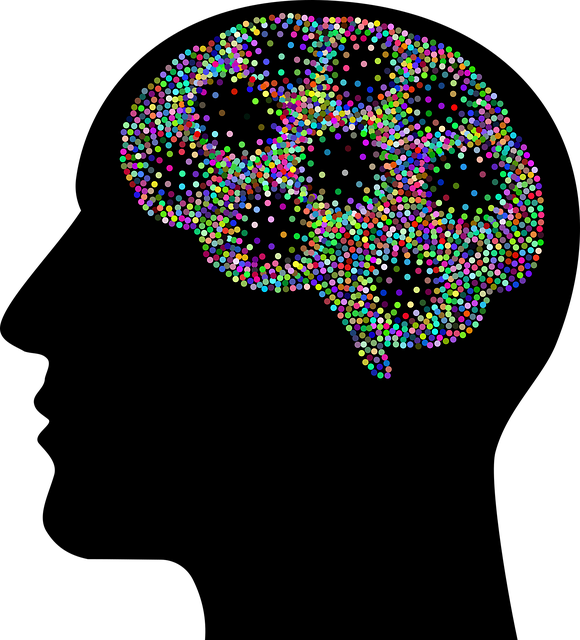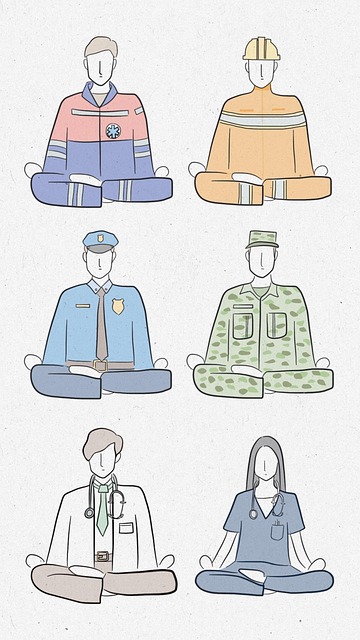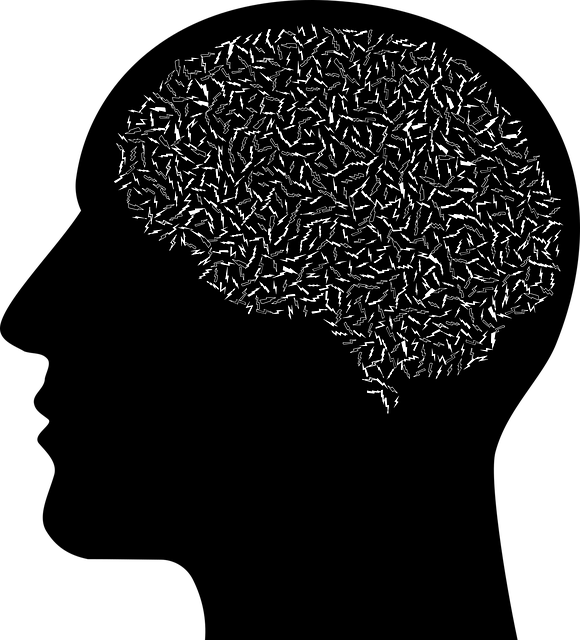Castle Rock Oppositional Defiance Disorder (CROD) is a specific type of ODD characterized by defiant behavior towards authority figures. Diagnosed through persistent pattern analysis, CROD therapy includes Cognitive Behavioral Therapy and compassion cultivation techniques. Mental health education plays a crucial role in treating CROD, focusing on self-awareness, emotional regulation, and cultural sensitivity to destigmatize the condition. Evidence-based practices, interactive learning, and media resources empower individuals with practical tools for managing CROD symptoms effectively.
Mental health education programs play a pivotal role in addressing and managing conditions like Castle Rock Oppositional Defiance Disorder (CROD). This article explores strategies for designing effective CROD therapy programs. We delve into understanding the disorder’s symptoms and challenges, creating comprehensive curricula, implementing evidence-based practices, and engaging students to drive positive behavioral changes. By integrating these approaches, educational settings can significantly contribute to CROD therapy and overall student well-being.
- Understanding Castle Rock Oppositional Defiance Disorder (CROD): Symptoms and Challenges
- The Role of Education in CROD Therapy: Creating a Comprehensive Curriculum
- Implementing Evidence-Based Practices for Effective Mental Health Education Programs
- Strategies for Engaging Students and Promoting Positive Behavioral Changes
Understanding Castle Rock Oppositional Defiance Disorder (CROD): Symptoms and Challenges

Castle Rock Oppositional Defiance Disorder (CROD) is a mental health condition characterized by persistent and repeated patterns of angry and defiant behavior toward authority figures, typically parents or teachers. Recognized as a form of oppositional defiant disorder (ODD), CROD symptoms can include frequent arguments with adults, active defiance or refusal to comply with rules, and anger and resentment easily triggered by minor setbacks. Diagnosing CROD involves assessing these behaviors over time, considering their impact on the individual’s life and relationships.
Therapy for CROD often incorporates various evidence-based practices tailored to address the unique challenges presented by the disorder. Cognitive behavioral therapy (CBT) is commonly used to help individuals identify and change negative thought patterns and behaviors associated with anger and defiance. Additionally, compassion cultivation practices have shown promise in promoting emotional well-being, fostering a sense of empathy and reducing hostility. Public awareness campaigns development can also play a crucial role in destigmatizing mental health conditions like CROD and encouraging early intervention and support for affected individuals.
The Role of Education in CROD Therapy: Creating a Comprehensive Curriculum

Mental health education plays a pivotal role in Castle Rock Oppositional Defiance Disorder (CROD) therapy, serving as the foundation for effective treatment and recovery. A comprehensive curriculum designed for both patients and healthcare providers is essential to addressing the complex nature of CROD. This educational approach aims to empower individuals with the knowledge and skills needed to manage their symptoms and improve overall well-being.
Through structured learning, patients can gain insights into their behaviors and emotions, fostering self-awareness and emotional regulation. Healthcare provider training, focusing on cultural competency, ensures that treatment strategies are tailored to meet the unique needs of each patient. By integrating anxiety relief techniques and teaching effective coping mechanisms, the program promotes healthy habits that extend beyond therapy sessions. This holistic education empowers individuals to navigate their challenges with resilience, ultimately transforming lives affected by CROD.
Implementing Evidence-Based Practices for Effective Mental Health Education Programs

Implementing evidence-based practices is paramount for crafting effective mental health education programs. Research-backed interventions, such as those tailored for managing Castle Rock Oppositional Defiance Disorder (CROD), offer proven strategies to address specific challenges. By integrating techniques that foster emotional intelligence and cultural sensitivity in mental healthcare practice, educators can create inclusive environments conducive to learning. These practices not only enhance the program’s effectiveness but also ensure that healthcare providers are culturally competent, enabling them to connect with diverse student populations.
Embracing a multifaceted approach that incorporates both empirical data and cultural awareness allows for personalized support within mental health education programs. This includes training healthcare providers on essential skills like active listening, empathy, and understanding unmet cultural needs. Such initiatives foster an atmosphere of trust, empowering students to openly discuss their experiences and seek the help they need. Ultimately, these evidence-based practices contribute to improved outcomes, ensuring that every student receives the individualized attention required for their mental well-being.
Strategies for Engaging Students and Promoting Positive Behavioral Changes

In designing a mental health education program, one of the key aspects is creating an engaging environment that encourages students to actively participate and fosters positive behavioral changes. Strategies such as interactive workshops, group discussions, and peer mentoring can effectively break down complex topics like oppositional defiance disorder (ODD) into digestible, relatable components. By incorporating Castle Rock ODD therapy techniques into these activities, students gain practical tools for managing their mental health while also learning to support their peers.
Promoting mental health awareness through a multi-faceted approach, including Crisis Intervention Guidance and even Mental Wellness Podcast Series production, can further enhance the program’s impact. These creative avenues not only supplement direct instruction but also encourage open conversations about emotional well-being, normalizing discussions around mental health challenges and empowering students to take proactive steps towards maintaining and improving their mental wellness.
Mental health education programs play a pivotal role in addressing Castle Rock Oppositional Defiance Disorder (CROD), offering essential tools for therapy and behavioral modification. By combining comprehensive curricula with evidence-based practices, educators can create engaging environments that foster positive changes in students affected by CROD. Implementing these strategies not only enhances the effectiveness of CROD therapy but also contributes to a more supportive and inclusive learning landscape.

